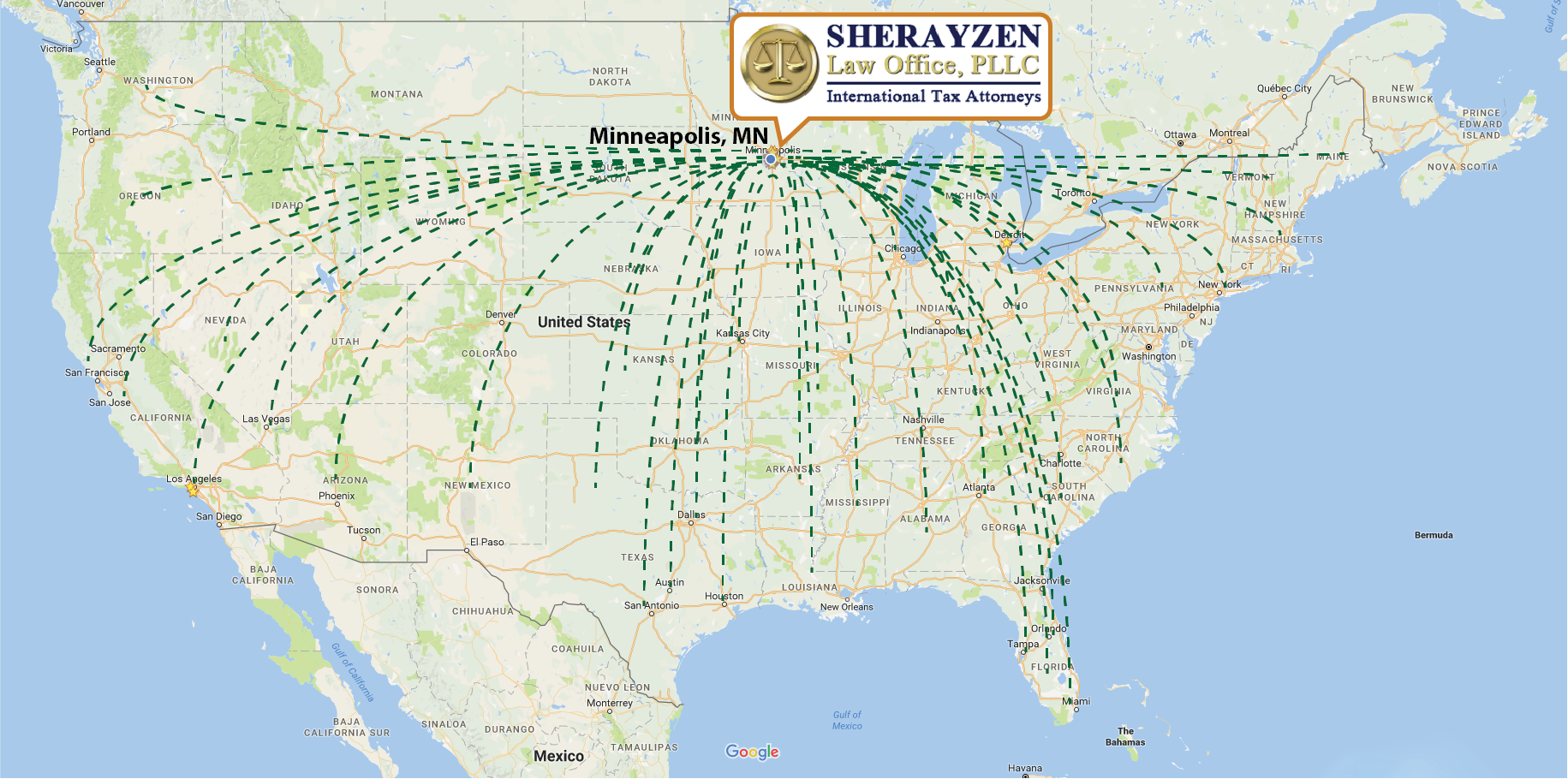FBAR Reporting for Chinese Foreign Bank Accounts: A Case Study | FBAR Tax Lawyers Portland Oregon
Good morning and welcome to Sherayzen Video Blog. My name is Eugene Sherayzen and I’m an international tax attorney and owner of Sherayzen Law Office, Ltd.
Today, I’m continuing a series of blogs from Portland, Oregon. As part of this series, I’m doing a review of my cases related to Asian Americans or Asians who became US tax residents.
Today, I’d like to talk to you about a small but interesting case related to FBAR reporting. A Chinese couple has lived in the United States for over 20 years and discovered the existence of FBAR. My clients understood that FBAR requires the disclosure of foreign bank accounts.
They came to me and said: “We have four bank accounts” and I said, “Fine, we’ll do a voluntary disclosure“. They gave me the amounts, they gave me the information and as I was going through the bank accounts, I discovered that there were a lot of deposits and withdrawals; a pattern compatible with that of fixed-deposit accounts. At that point, I asked them: “Besides the four bank accounts you’ve given me, do you have any other accounts which would be fixed-deposit accounts?” At this point, he said: “I didn’t realize that fixed-deposit accounts are treated as separate accounts because all of the money eventually goes back to the main account. Wouldn’t we be double-counting the values on these accounts if we were to include all of them separately on the FBAR?”
My answer was: “Indeed, we would be double-counting but FBAR not only permits but requires that kind of double-counting. You have to report the highest balance of each foreign account on the FBAR“. It turns out that he had over 20 fixed-deposit accounts during a six-year period that is covered by the SDOP disclosure.
We successfully completed the voluntary disclosure; The client paid the penalty. Of course the penalty for SDOP purposes does not double-count the balances because it is based not on the highest balances but on the end-of-year balances.
The morale of the story is that you have to report each account separately; even if this is just an account that was opened and closed in the same year and even if the money came from and went back to the same savings account or checking account.
In my next blog, I will continue discussing issues related to my cases that I’ve handled in the past concerning Asian Americans or Asians who became US tax residents.
Thank you for watching, until the next time.



